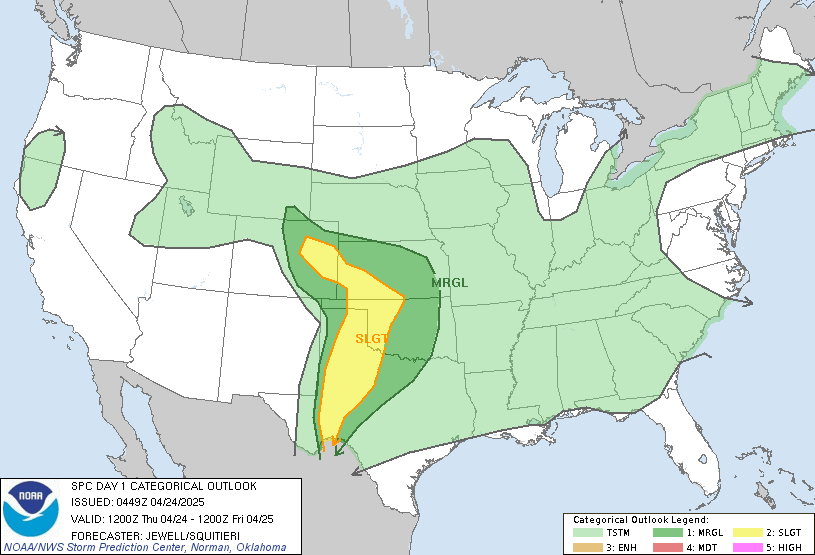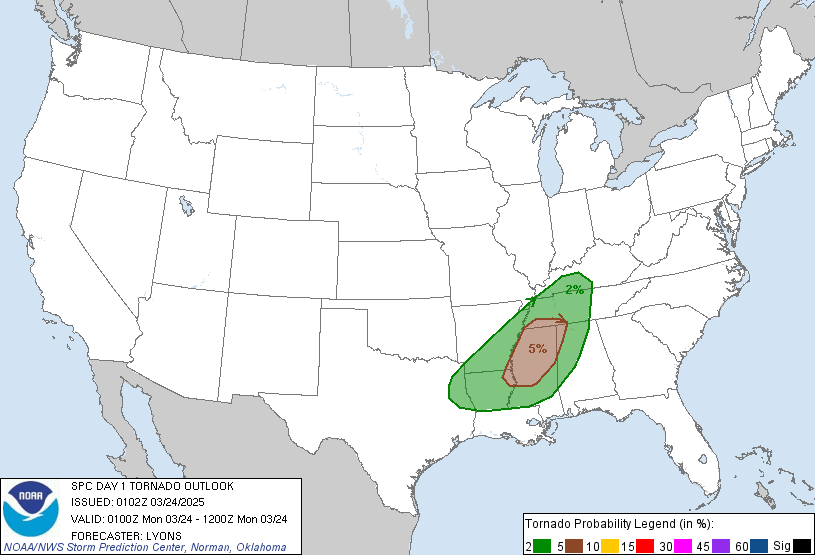I noticed an alarming stat today when The Mississippi Department of Health released their daily COVID numbers update: We had more cases tallied in one day than in the whole first month tallied cases in Mississippi.
I recall some people posting on my facebook page that this would go away after the Election. It has not. And given what scientists, researchers, medical professionals, and doctors know about the virus, it would take three weeks of a complete and total lockdown to rid the world of this thing.
That is why the vaccines that are in the works are very good news. While it won’t be the “Silver Bullet” it will be very helpful.
We’re all sick of this sickness
Aren’t we all like this by now? We just want this thing to be over. There is something called “Disaster Fatigue” in social science. And likely is psychology, too. Disaster Fatigue is the response from a person – or population – after a long-term disaster (like this pandemic).
A lot like grief, there are many stages to go through. Many social scientists and psychologists say that we are in the Disillusionment Stage. Many people just want this to be over and can’t understand why more isn’t being done to end it.
According to the Australian Institute of Professional Counselors, this stage is the most difficult.
At this stage, survivors question aid and governmental agencies’ promises, intentions, service delivery, and achievements. The grim reality of just how long and difficult a road it will be back to “normal” presents itself. People concentrate on rebuilding their own individual lives and solving individual problems. The feeling of “shared community” is lost. Both community leaders and aid agencies have a role here in disseminating correct information, and trying to do damage control with misinformation that spreads via the rumour machine (and these days, on social networking sites as well).
AIPC
The above information was published in 2014. And the article references Hurricane Katrina. So it is tailored toward all kinds of disasters, not the pandemic. And even in 2014, it was noting that fighting off misinformation was important.
A look at the data
The Mississippi Department of Health has been requesting Mississippians to wear masks, socially distance, and follow other guidelines suggested by the CDC for the better part of the last nine months.
I can’t be the judge of if those requests were followed or not. As I can’t be everywhere all the time. But the data may be able to shine some light on whether or not people – in general – have been following those requests and guidelines.
Let’s have a look at the data since Election Day:
| Date | Cases (C) | Deaths (D) | 7D AVG (C) | 7D AVG (D) | 14D AVG (C) | 14D AVG (D) |
| 11/04/20 | 766 | 13 | 665.43 | 13.57 | 725.14 | 12.43 |
| 11/05/20 | 1612 | 8 | 757.14 | 13.57 | 771.86 | 12.43 |
| 11/06/20 | 967 | 14 | 788.29 | 13.00 | 784.14 | 12.93 |
| 11/07/20 | 1031 | 15 | 817.86 | 14.29 | 814.50 | 13.43 |
| 11/08/20 | 804 | 10 | 884.14 | 13.71 | 828.64 | 13.50 |
| 11/09/20 | 516 | 0 | 905.71 | 13.71 | 817.29 | 12.93 |
| 11/10/20 | 933 | 37 | 947.00 | 13.86 | 822.93 | 14.14 |
| 11/11/20 | 1256 | 17 | 1017.00 | 14.43 | 841.21 | 14.00 |
| 11/12/20 | 1271 | 17 | 968.29 | 15.71 | 862.71 | 14.64 |
| 11/13/20 | 1305 | 5 | 1016.57 | 14.43 | 902.43 | 13.71 |
| 11/14/20 | 1370 | 21 | 1065.00 | 15.29 | 941.43 | 14.79 |
| 11/15/20 | 969 | 3 | 1088.57 | 14.29 | 986.36 | 14.00 |
| 11/16/20 | 589 | 2 | 1099.00 | 14.57 | 1002.36 | 14.14 |
| 11/17/20 | 905 | 36 | 1095.00 | 14.43 | 1021.00 | 14.14 |
| 11/18/20 | 1593 | 20 | 1143.14 | 14.86 | 1080.07 | 14.64 |
| 11/19/20 | 1395 | 19 | 1160.86 | 15.14 | 1064.57 | 15.43 |
| 11/20/20 | 1638 | 23 | 1208.43 | 17.71 | 1112.50 | 16.07 |
| 11/21/20 | 1972 | 15 | 1294.43 | 16.86 | 1179.71 | 16.07 |
| 11/22/20 | 779 | 19 | 1267.29 | 19.14 | 1177.93 | 16.71 |
| 11/23/20 | 699 | 0 | 1283.00 | 18.86 | 1191.00 | 16.71 |
| 11/24/20 | 665 | 53 | 1248.71 | 21.29 | 1171.86 | 17.86 |
| 11/25/20 | 1092 | 16 | 1177.14 | 20.71 | 1160.14 | 17.79 |
| 11/26/20 | 1746 | 18 | 1227.29 | 20.57 | 1194.07 | 17.86 |
| 11/27/20 | 1005 | 6 | 1136.86 | 18.14 | 1172.64 | 17.93 |
| 11/28/20 | 1553 | 10 | 1077.00 | 17.43 | 1185.71 | 17.14 |
| 11/29/20 | 1845 | 27 | 1229.29 | 18.57 | 1248.29 | 18.86 |
| 11/30/20 | 1485 | 1 | 1341.57 | 18.71 | 1312.29 | 18.79 |
| 12/01/20 | 1141 | 29 | 1409.57 | 15.29 | 1329.14 | 18.29 |
| 12/02/20 | 2457 | 15 | 1604.57 | 15.14 | 1390.86 | 17.93 |
| 12/03/20 | 2168 | 28 | 1664.86 | 16.57 | 1446.07 | 18.57 |
| 12/04/20 | 2480 | 37 | 1875.57 | 21.00 | 1506.21 | 19.57 |
| 12/05/20 | 1742 | 33 | 1902.57 | 24.29 | 1489.79 | 20.86 |
| 12/06/20 | 1473 | 12 | 1849.43 | 22.14 | 1539.36 | 20.36 |
| 12/07/20 | 1263 | 0 | 1817.71 | 22.00 | 1579.64 | 20.36 |
| 12/08/20 | 1732 | 56 | 1902.14 | 25.86 | 1655.86 | 20.57 |
| 12/09/20 | 2746 | 24 | 1943.43 | 27.14 | 1774.00 | 21.14 |
| 12/10/20 | 2283 | 42 | 1959.86 | 29.14 | 1812.36 | 22.86 |
| 12/11/20 | 2327 | 41 | 1938.00 | 29.71 | 1906.79 | 25.36 |
| 12/12/20 | 2665 | 56 | 2069.86 | 33.00 | 1986.21 | 28.64 |
Currently the 7-day running average for new cases per day is more than 2000 cases. And the 14-day running average is just shy of that mark.
And the number of deaths per day – on average – during the last week has been 33 people.
Stick to Weather, Nick, you’re not a doctor
You’re right. But I’ve yet to talk about medicine. Just math.
But to ‘stick to weather’ how about this… I know a lot of people fear tornadoes. So, for a comparison, During the 2020 Spring Severe Weather Season, tornadoes killed a total of 13 people. And it was been a pretty active year.
It took the whole season, 47 tornadoes from January to May, to kill 13 people.
Right now, COVID-19 is killing about 2.5-times as many people than that per day. Or, in other words, during every (roughly) 10 hours that passes, COVID-19 is killing as many people as the Easter Tornadoes killed.
And a great way to combat this threat, according to the CDC and the Mississippi Department of Health is to wear a mask, socially distance, and avoid large gatherings.
But what about my rights, Nick?
You still have rights. Somehow wearing a mask has turned into a political argument / statement. Maybe you felt like the government was encroaching upon your rights. It makes me sad. Because the idea behind wearing a mask is such a noble gesture of goodwill toward others.
This isn’t about your rights, though. Sure, you have the right to not wear a mask. And It is also your right to go around telling kids Santa isn’t real. You can go out on your patio at lunch and scream expletives into the wind. And you have the right to walk across a crosswalk without looking both ways.
But just because you have the right, doesn’t always mean it is safe. For you or for others.
The tough thing about COVID-19 is that is can spread before people are symptomatic. That is something medical researchers and doctors found early on during the pandemic. It is not conjecture. That means you can feel fine and still spread it to others before you feel sick.
So, while you may feel comfortable with your risk of contracting COVID-19, the mask the CDC and MSDH are asking you to wear is to protect others, too. Because you may already be infected and not know it yet. Leading you to spread it to others without your knowledge.
And while you may feel healthy enough to take the risk to fight COVID-19 off, the person behind you in line at the store may not. So the mask, in that case, is less about protecting you and more about your willingness to protect others.
From the CDC:
COVID-19 spreads mainly from person to person through respiratory droplets. Respiratory droplets travel into the air when you cough, sneeze, talk, shout, or sing. These droplets can then land in the mouths or noses of people who are near you or they may breathe these droplets in.
Masks are a simple barrier to help prevent your respiratory droplets from reaching others. Studies show that masks reduce the spray of droplets when worn over the nose and mouth.
You should wear a mask, even if you do not feel sick. This is because several studies have found that people with COVID-19 who never develop symptoms (asymptomatic) and those who are not yet showing symptoms (pre-symptomatic) can still spread the virus to other people. The main function of wearing a mask is to protect those around you, in case you are infected but not showing symptoms.
It is especially important to wear a mask when you are unable to stay at least 6 feet apart from others since COVID-19 spreads mainly among people who are in close contact with one another (within about 6 feet).
CDC.GOV
Today’s Severe Risk

Today’s Tornado Risk

Search the Site
- Archive (2,768)
- Climate (87)
- Coastal MS/AL/LA (99)
- Education (328)
- Environment (12)
- Forecasting (1,849)
- Geology (15)
- High Plains Weather (153)
- Midwest Weather (85)
- Northeast Weather (62)
- Northwest Weather (49)
- Not Weather (107)
- Research (42)
- River Flooding (9)
- Seasonal Outlooks (13)
- Severe Weather Discussions (40)
- Site Updates (9)
- South Plains Weather (104)
- Southeast Mississippi / Southwest Alabama (111)
- Southeast Weather (1,462)
- Southwest Mississippi (102)
- Space (28)
- Storm Chasing (68)
- Tropics (463)
- Weather & Sports (8)
- Weather & TV (40)
- Weather History (17)
- West Coast Weather (51)